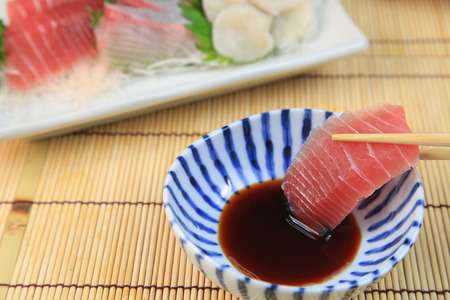Dietary Precautions to Take While Pregnant
Pregnant women should avoid or limit eating some foods. Take prenatal dietary precautions against mercury in seafood, listeria in processed meat, and more.

What to avoid
Dietary precautions
Certain foods should be avoided or their intake limited since they may pose a risk to your unborn baby. Simple cooking and hygiene measures are also important to limit the risks.
- Listeria is a food-borne bacteria to which pregnant women are more susceptible. It is found in unpasteurized dairy products, as well as refrigerated, ready-to-eat foods like meat, poultry, and seafood. To avoid it, thoroughly reheat hot dogs, lunch meats, or prepared deli foods and avoid unpasteurized dairy products and check soft cheeses labels to be sure they're made with pasteurized milk.
- Nearly all seafood contains at least trace amounts of mercury which can affect the development of the fetal nervous system. Pregnant women should avoid swordfish, shark, king mackerel, and tilefish. To stay within safe limits, eat up to 12 ounces per week of lower-mercury seafood like shrimp, salmon, pollock, catfish, and canned light tuna
- Toxoplasmosis is a parasite spread through cat feces or undercooked beef, pork, or lamb that can harm the fetus. Avoid changing cat litter and practice careful hygiene in the kitchen when preparing raw meat, being careful not to contaminate other foods such as lettuce or vegetables. Beef, pork, and lamb all need to be well cooked.
- Salmonella bacteria are found in chicken and eggs. Infection with salmonella can cause severe vomiting, but doesn't directly affect the baby. Avoid any products containing raw or undercooked eggs, and make sure all poultry is thoroughly cooked through, since cooking kills the bacteria.